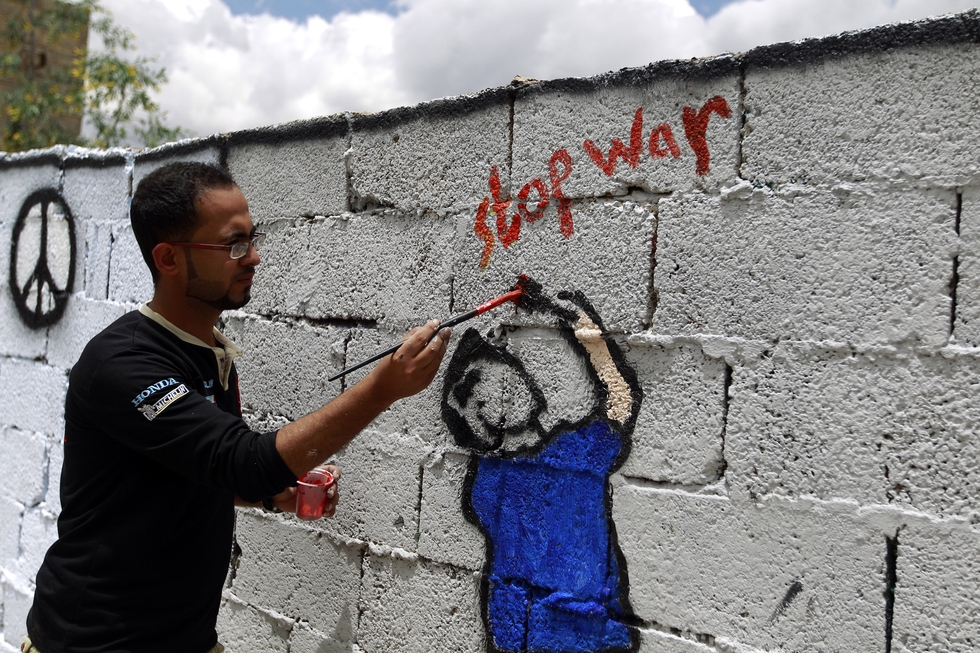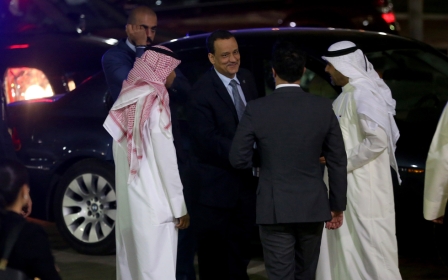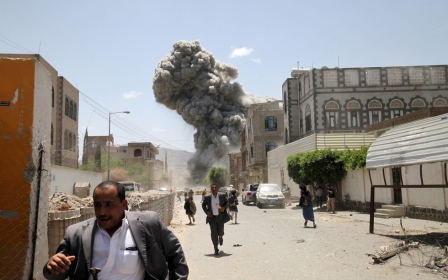Yemen government delegates pull out of direct peace talks

Yemen's government delegation pulled out of direct negotiations with representatives of the Houthi rebels on Saturday after there was no sign of progress, a member of the delegation said.
UN envoy Ismail Ould Cheikh Ahmed will now have to go back to indirect negotiations in the talks that began in Kuwait on 21 April.
On Thursday, the envoy said that the foes had begun discussing major political and security issues in face-to-face negotiations aimed at bringing an end to 13 months of devastating war.
There has been mounting international pressure to end the Yemen conflict that the UN estimates has killed more than 6,400 people and displaced 2.8 million since March last year.
But after two unproductive meetings on Saturday, "direct talks are suspended" and the UN mediator must resume separate consultations with the two sides, the government official said, blaming the Houthis for the impasse.
The rebels "went back on their word" to discuss substantive issues in three joint working groups formed under UN auspices, he said.
These were formed on Wednesday when direct talks resumed following a three-day interruption after the government delegation walked out in protest against the rebel seizure of an army camp on Sunday.
The working groups exchanged views on resolving political and security issues and the release of prisoners and detainees, in accordance with UN Security Council Resolution 2216.
This orders the rebels to withdraw from territory they have taken since 2014 and to surrender heavy weaponry they had seized.
However, the delegation from the rebels and their allies was demanding "prior agreement on the establishment of a transitional executive body", the government official said.
In a statement on the sabanews website, a rebel delegate said the three joint teams will resume work "after an agreement on the form of the state and the transitional authority".
Without such an agreement, the talks were "a waste of time" said the rebel delegate, adding that President Abedrabbo Mansour Hadi's government was "an adversary and it is unacceptable that he embodies the state".
Each side accuses the other of not respecting the truce that has been constantly broken since it came into force on 11 April.
New MEE newsletter: Jerusalem Dispatch
Sign up to get the latest insights and analysis on Israel-Palestine, alongside Turkey Unpacked and other MEE newsletters
Middle East Eye delivers independent and unrivalled coverage and analysis of the Middle East, North Africa and beyond. To learn more about republishing this content and the associated fees, please fill out this form. More about MEE can be found here.




